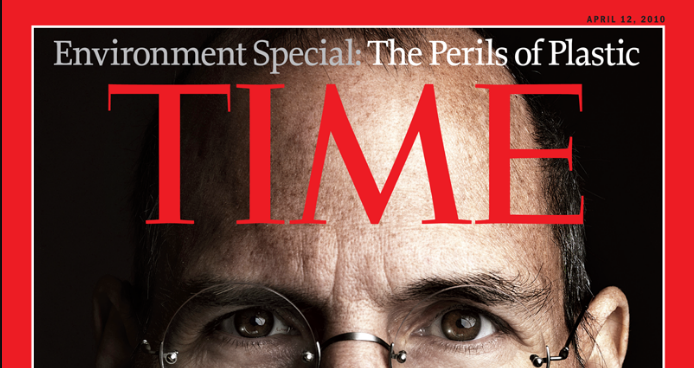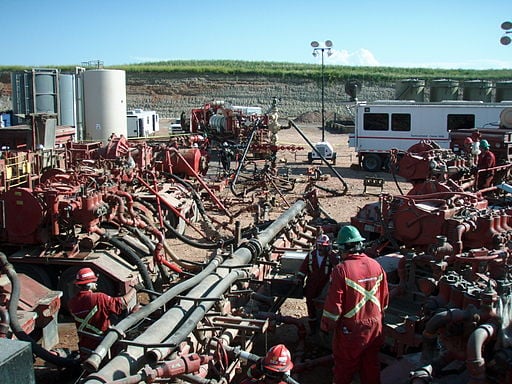Global economy bouncing back, World Bank
09:15, January 15, 2014
Shell UK reveals gender pay gap of 22%
22:22, November 30, 2017
China cutting import tariffs on 187 consumer goods
05:43, November 25, 2017
UK inflation measure to include home ownership cost
20:38, November 12, 2016
Time Inc being acquired by Meredith in $2.8bn deal backed by Koch brothers
22:29, November 27, 2017
Sadiq Khan plans on banning fracking in London
23:37, November 26, 2017
New rules will prevent broadband firms from misleading speeds of service
04:19, November 23, 2017
Belgian nationwide strike brings country to a standstill
04:23, December 15, 2014
Greek labour unions on 2-day strike against austerity reforms
22:23, May 7, 2016
Olam Intl acquiring ADM’s cocoa business for $1.3 billion
19:16, December 15, 2014
Latest Articles
Join Our Email List
Sign up to receive the latest articles right in your inbox.
email address
*Replace this mock form with your preferred form plugin










